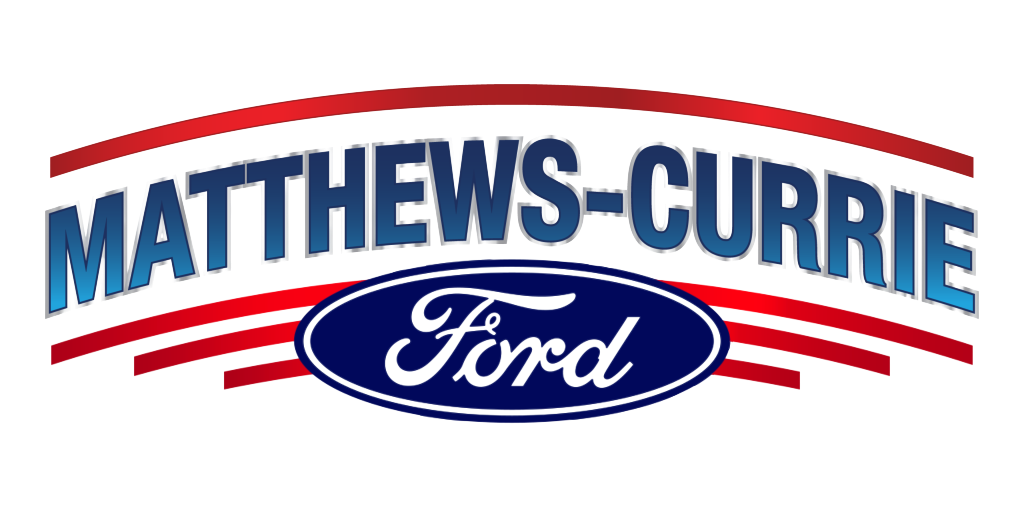Service FAQs
General Automotive Repair
Preventative Car Maintenance
Air Conditioning & Heater Service
How Often Should I Service My A/C and Heater?
Motorcraft® and Omnicraft™ Climate Control Components
Cooling System & Radiator Repair
What's included?
- Check hoses for damage and leaks
- Monitor operating temperatures
How Often Should I Service My Cooling System?
Motorcraft Cooling System Parts
Engine Diagnostic
How Often Should I Have an Engine Diagnostic?
Tune-Up
Belts & Hoses
What's included?
- Inspect belts for wear and cracks
- Test for correct belt tension
- Check hoses for leaks and cracks
- Pinch-test of hoses
Air Filters
When You Should Change Air Filters
Ford Motor Company recommends that you replace the filter every 15,000-30,000 miles, depending on your vehicle model. But you may want to replace it more often if:
- You drive on dirt roads or in excessively dusty conditions
- You see dirt or debris in the filter
- You experience a rough idle or sluggish acceleration
- You experience decreased efficiency
Genuine Motorcraft Air Filters
If you take care of your vehicle, it will help take care of you. And when you use a Motorcraft® air filter, you’re using a factory-approved replacement part that is specifically made for your vehicle.
Motorcraft air filters offer benefits, such as:
- More than 98% efficiency in stopping dust
- Treated filter material for better capacity and efficiency
- Tight, leak proof polyurethane seals
- Extreme temperature resistance
- Application-specific filters – not “one size fits all”
Alternators
How Often Should I Service My Alternator?
Motorcraft and Omnicraft Alternators
Motorcraft® alternators meet or exceed original equipment specifications in Ford vehicles. They’re 100% performance tested, and insulation tested to 600 volts, providing high reliability in extreme temperatures. Premium Omnicraft™ alternators are also manufactured to high standards and priced competitively to support all makes and models.
Headlights
You want to clearly see what’s ahead of you and be able to communicate with drivers behind you. That’s why it’s important to replace a burned-out lamp or bulb as soon as possible. Our Quick Lane® experts can quickly replace your headlights, tail lamps, brake lights, turn signals – and any of your interior cabin bulbs, too.
How Often Should I Service My Headlights?
Lamps and Bulbs That Fit Your Vehicle. In Stock, Right Now.
Starters
You rely on your vehicle’s starter each time you get into your car to drive. The starter uses power from the battery to spin the flywheel and give your engine the jumpstart it needs to turn on.
As the main components in the starter begin to wear out, you will notice that your car cranks slowly or weakly when you turn the key. This occurs when the equipment struggles to turn the flywheel at the proper speed. If this continues to occur, your engine will eventually fail to activate altogether.
If you suspect a problem with your starter or alternator, it’s best to take care of it as soon as possible to avoid further disrepair.
Transmission Services
How Often Should I Service My Transmission?
Transmission fluids can last anywhere from 15,000 to 60,000 miles or more, depending on use and type of transmission. Your owner’s manual will recommend the best routine service schedule for your vehicle.
Motorcaft and Omnicraft Filters and Lubricants
Struts
A properly maintained steering wheel and suspension system keeps your tires in contact with the road and you in control of your vehicle – and they provide a comfortable, enjoyable ride. Visit our Quick Lane® experts to ensure your suspension system – including shock absorbers or struts, coil springs and linkage – are functioning properly.
How Often Should I Service My Struts?
Motorcraft® and Omnicraft™ Shocks
All Fluid Level Checks & Corrections
Proper fluid levels and regular fluid flushes are essential for top vehicle performance and safety. Fluid-exchange services performed by the certified experts and technicians Quick Lane include:
- Brake, power-steering, antifreeze, engine oil and transmission fluid flushes
- Chemical cleaning of fuel system components
- Replacing all existing fluid with new fluid to proper levels
- Checking for cleanliness and leaks
Why are Fluid Checks and Corrections Important for my Vehicle?
Over time, your vehicle’s essential fluids, including transmission, brake and power-steering fluids, lose their ability to clean, cool, lubricate and flow freely, potentially leading to problems such as transmission overheating and/or failure.
Vehicle fluid-exchange services may help:
- Improve vehicle performance
- Extend the life of your transmission
- Restore fuel-system efficiency for optimal fuel economy
- Reduce harmful emissions
- Prevent future costly fuel-system repairs





